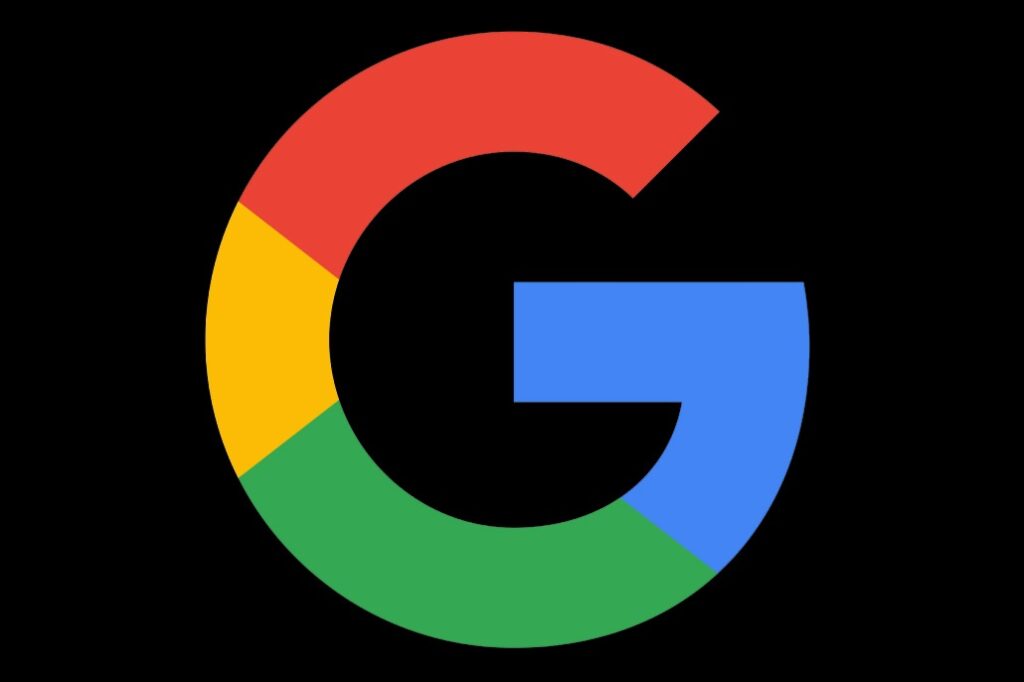
In the previous article, we talked all about Google Broad Core Algorithm and discussed the following points:
- Effect of Google’s update on various websites
- Google’s update history to read its mind
- What is Google Broad Core Algorithm
- How to remain in good books of Google’s update
In ‘How to remain in good books of Google’s update’ section, we suggested the following parameters in detail to revive your position on Google Search Engine.
- User Intent
- Analyse the competitors
- Quality Content
- Clean and Structured Architecture
After thorough research, we have compiled few parameters that have been affected most by the Google’s Broad Core Algorithm. In order to come back to the battlefield of Google ranking strongly, you must get acquainted with the importance of following these parameters in SEO ranking:
1. Organic and local results play a pivotal role in ranking
On August 1st, 2018, when Google released a broad core algorithm update, it had an impact on both local and organic rankings.
What are Local SEO and Organic SEO?
Local SEO
works effectively to promote your business’ visibility on location-based searches, aiming at making sure your business gets found online by people searching for it at that locality.

All the searches in the city, state, zip code, etc., and ‘near me’ fall into the category of local SEO. Google just picks up the geo-location of the person and come up with search results from that area.
A study by Forbes mentions that 95% of smartphone users have used their device to perform local searches, out of which 61% called the business and 59% visited.
Organic SEO, on the other hand, is a marketing practice of optimizing the website with an aim to make it search engine friendly and get it ranked high for its dedicated keywords. Note that it might or might not include a local element.
From what you receive from any paid or social channels, organic traffic is totally a different type of traffic. It targets the real audience who are looking for relevant content. If you provide your audience with the information they are seeking for, you will have a great opportunity to create long-term relationships with your audience and increase our overall ROI.

Local results and Organic ranking used to have a strong amicable relationship until Google rolled up its latest algorithm update. With this update, the relationship between these two parameters started to become weak and both of them parted their ways.
Sites that had big organic increases did not simultaneously have big increases in local rankings and vice versa. Also, there were examples where the patterns were completely opposite. Sites that increased organically dropped locally and vice versa.
2. How to effectively use ‘Keyword’
Keywords have played an important role since the birth of SEO. With every update of Google, the relevance of keywords is changing, but its relevance has never faded away.
What is keyword and why you need it to rank high?
The irrelevant and old definition of keyword density is the ratio of a number of times a keyword was used to other words on the page. SEO experts used this simple mathematics formula to get a target number that was a key to unlock the high ranking on Google.
In reality, it was just faking the Google algorithm to gain higher results. But Google has updated its algorithm on a timely basis and has got strict than ever before.

Not just Google ignores you if use stuffing of the keywords irrelevantly, it also increases the bounce rate for your business because of which you will unable to drive engagement and hence you will end up losing your valuable customers.
With Google’s recent algorithm update, it has changed the relevance of keyword that is explained with help of the following example:
We work with a company in a suburb of a large city. Let’s say they’re in Addison, Texas, but they get all their customers from Dallas (They’re not, but it’s a similar scenario). With this update, the majority of keywords we were tracking that used [keyword + Dallas] increased, even though his location is in Addison (the suburb of Dallas).
3. Content will always rule like a true king
Content has always ruled the battlefield of Google and its relevance is the top-most priority in all Google’s updates. It was speculated from the Google’s recent update that they are giving weight-age towards building more links, however, the real truth is that the Google asks for the quality content.
Moreover, the Google trends as shown below prove that how a unique content is an utmost priority for everyone to market their business instead of just building the links. ‘It’s time to earn the links and not build the links’.

An article on Search Engine Land quotes that “We have a new client of two months who saw an increase organically across almost every keyword we are tracking. All the work done so far on his site has been related to improving content quality — no links were built.”
4. Time to focus on Video Carousels
In July, Google came up with a huge change when it did away with Video Thumbnails and created a new video carousel. After the change was rolled out, an enormous amount of YouTube URLs came out of the organic results and into the new carousel. Moreover, Google ranked those keywords high that produced video results.
In just blink of an eye, keywords that never brought up Video Thumbnails were producing the new video carousel. Hence, the Google indicated about the importance of Video Carousels for a long time and its effect is visible with Google’s recent update.
According to research by Search Engine Land, “For tons of keywords I looked at across numerous industries, we saw an increase in video carousels that did not exist before the update.”

The real answer to all your queries reside in following Google’s announcement “Each day, Google usually releases one or more changes designed to improve our results. Some are focused around specific improvements. Some are broad changes. Last week, we released a broad core algorithm update. We do these routinely several times per year.As with any update, some sites may note drops or gains. There’s nothing wrong with pages that may now perform less well. Instead, it’s that changes to our systems are benefiting pages that were previously under-rewarded.There’s no “fix” for pages that may perform less well other than to remain focused on building great content. Over time, it may be that your content may rise relative to other pages.”

